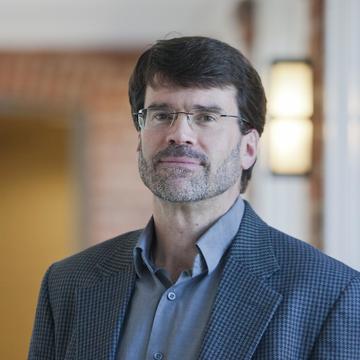Why U.S. hospitals are struggling amid the pandemic
They should serve the public, not owners' pocketbooks, writes Guian McKee
Read the full article at USA Today
In just a few months, the coronavirus pandemic has highlighted deeply troubling failures of American democracy. Among the most revealing is the pandemic’s demonstration that debates about the future of the U.S. health care system have been tragically narrow in their focus on health insurance coverage alone.
The public debate over health policy must go much farther, to include the ways that we organize and finance our hospitals—and even how we think of their larger role in our economy and society.
A series of hospital closures during the early weeks of the pandemic illustrates this point. One case, in Fairmont, West Virginia, is representative. Fairmont is a small city of less than 19,000 people. Formerly the headquarters of two coal companies, the city now features a technology park that includes NASA and National Oceanic and Atmospheric Administration facilities as well as the National White Collar Crime Center.
In mid-March, as the coronavirus spread and desperately ill patients began to fill hospitals across the United States, the for-profit hospital chain Alecto Healthcare Services permanently closed Fairmont Regional Medical Center; 528 employees would lose their jobs.
A 207-bed community hospital that traces its origins to 1903, Fairmont Regional represented the community’s primary source of hospital care. Alecto had owned it since 2014. It is one of at least 42 hospitals around the country that closed or entered bankruptcy in 2020, even as the nation faced the impending terror of an insufficient number of beds to accommodate COVID-19 patients.
Hospitals are run like businesses
For Alecto Healthcare Services, the national crisis did not matter. Hospitals in the United States are run as businesses. Even before the pandemic forced the cancellation of revenue-generating elective procedures, many institutions like Fairmont Regional faced serious financial problems that threatened their survival.
Most often, such hospitals are located in rural areas or inner cities. They typically serve lower-income patients who are covered by Medicaid or have no health insurance, often including African Americans and Latinos who have been especially vulnerable to the virus.
